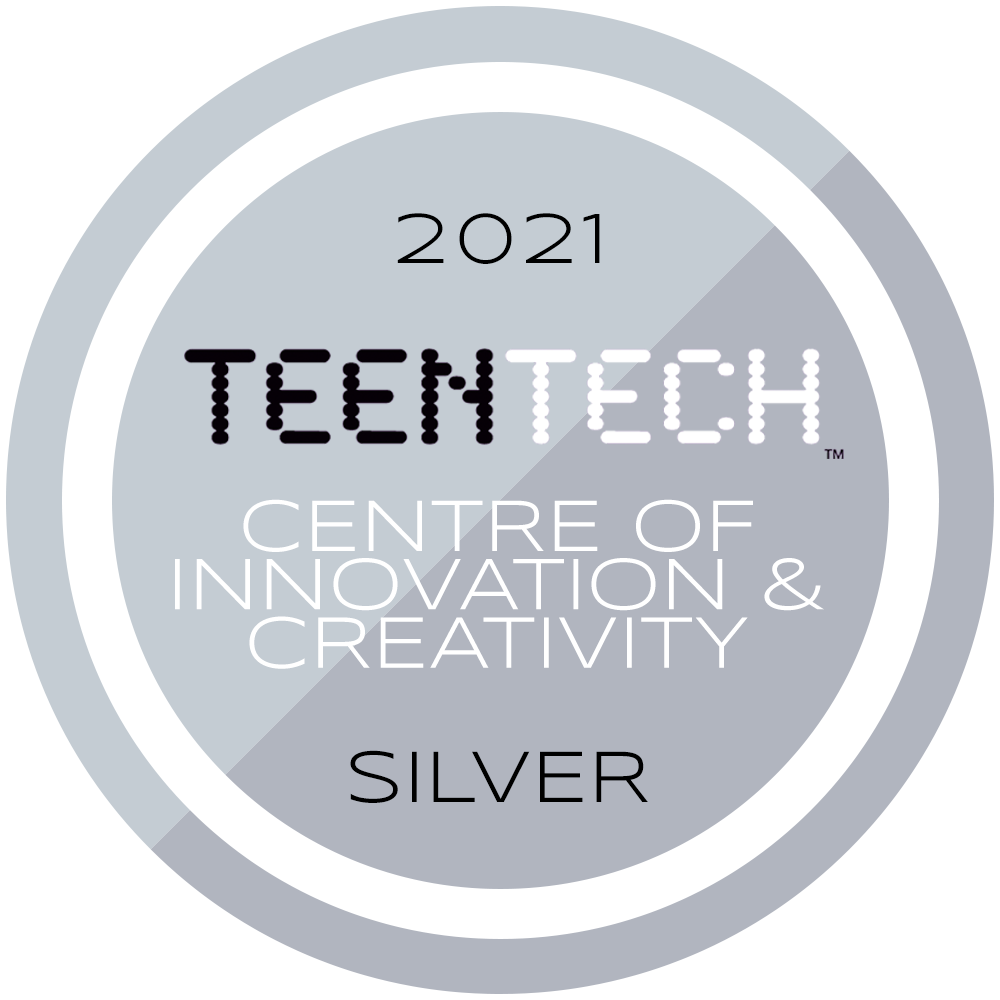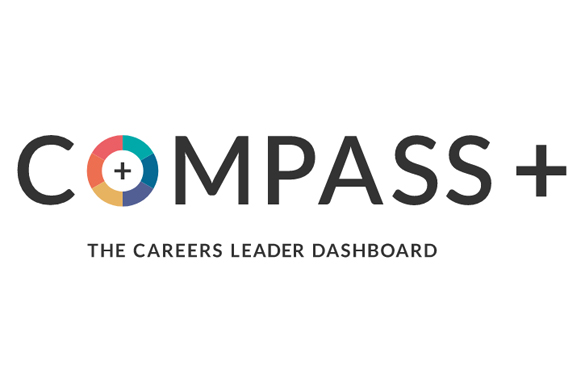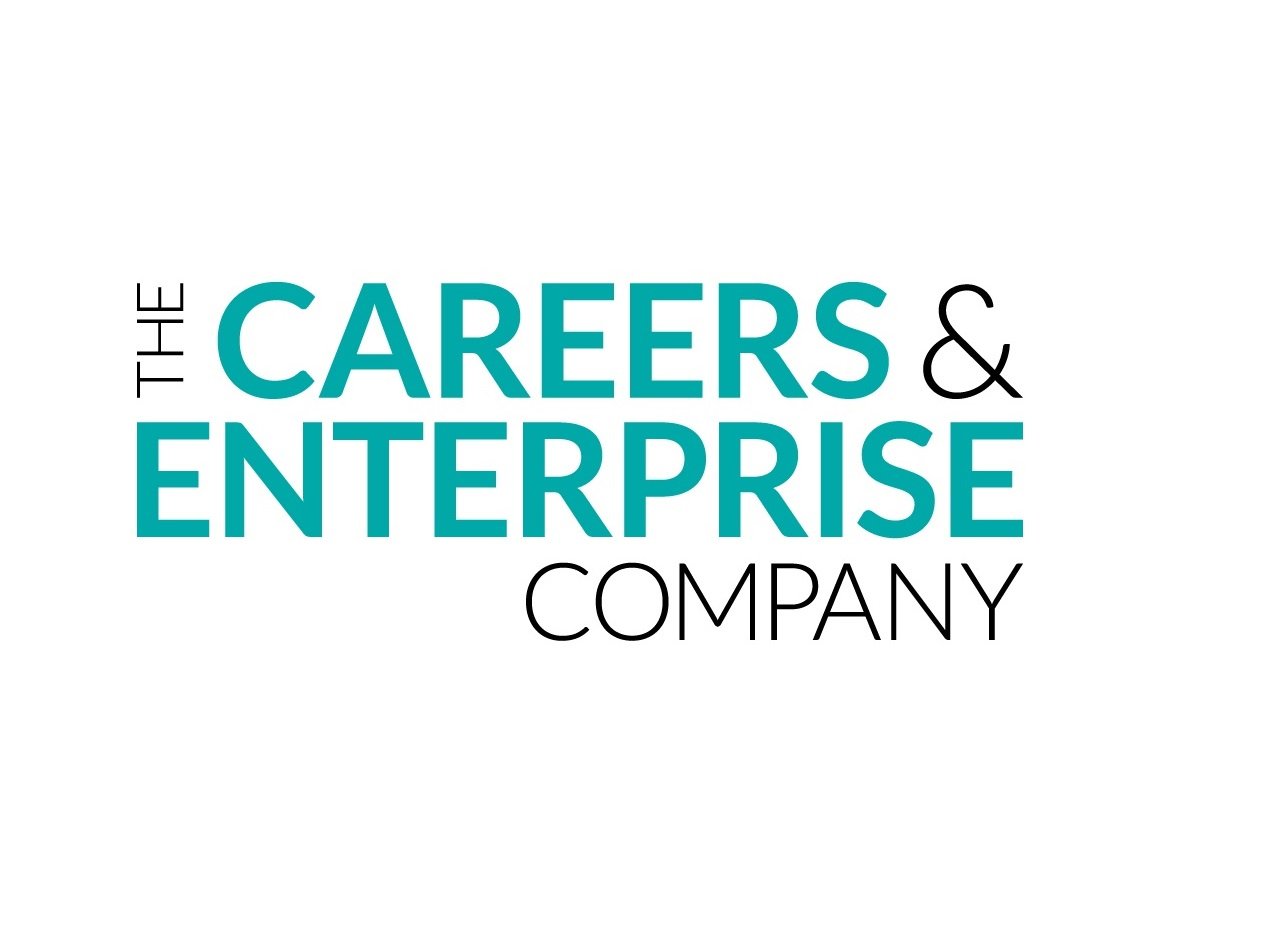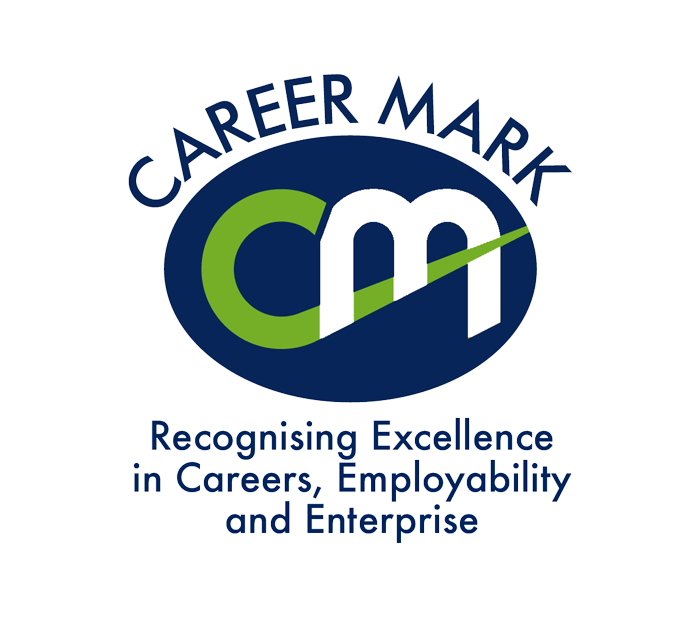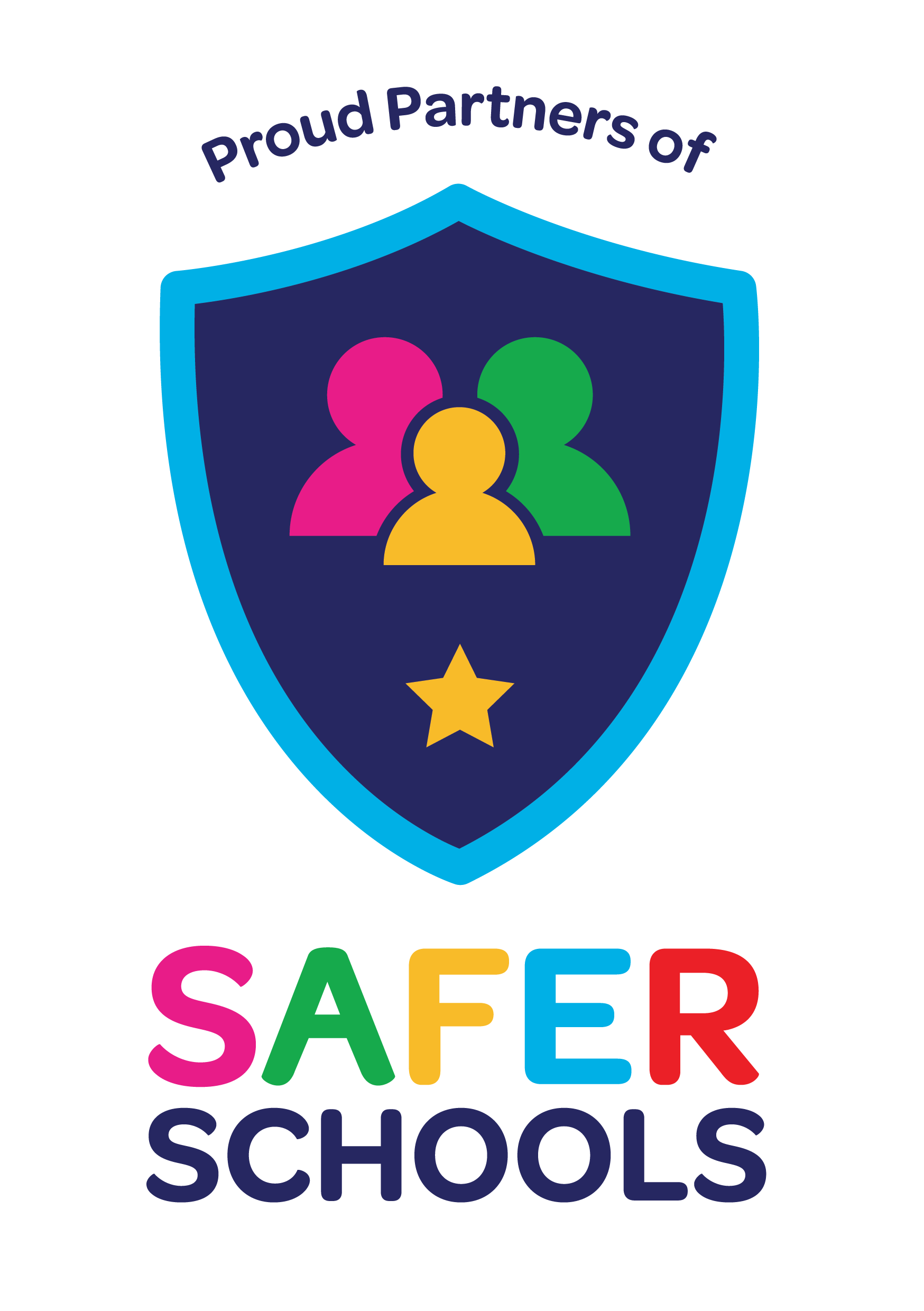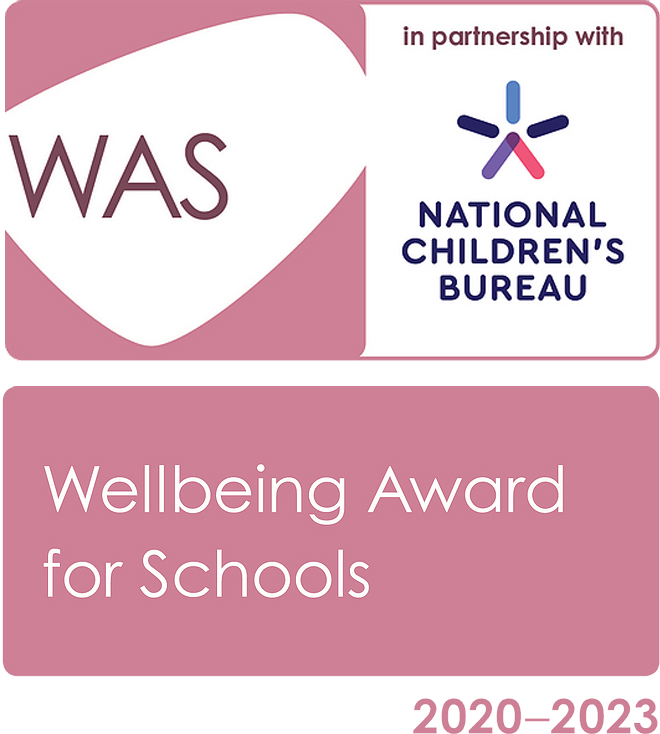Computer Science I.T.
A high-quality computing education equips pupils to use computational thinking and creativity to understand and change the world.
Computing has deep links with mathematics, science, and design and technology, and provides insights into both natural and artificial systems. The core of computing is computer science, in which pupils are taught the principles of information and computation, how digital systems work, and how to put this knowledge to use through programming. Building on this knowledge and understanding, pupils are equipped to use information technology to create programs, systems and a range of content. Computing also ensures that pupils become digitally literate – able to use, and express themselves and develop their ideas through, information and communication technology – at a level suitable for the future workplace and as active participants in a digital world.
The Bebras 2024 Results Are In!

The challenge, which is run by Oxford University in conjunction with the Raspberry Pi Foundation, introduces computational thinking to students to help with problem solving and is organised in over 80 countries. It is designed to get students all over the world excited about Computing and to improve problem solving skills. This year over 460,000 students took part nationally with more than 3 million students participating worldwide. 600 ORA students took part and performed fantastically with 10 students achieving scores in the top 10% in the UK, 49 students ranking in the top 25% and 135 students in the top 50%.
The students in the top 10% will now be offered the chance to take part in a further challenge set up and run by Oxford University, this takes place in January ( Mrs Gibson will notify students) and will receive a Gold certificate. All Students will receive Distinction/Merit or Participation Certificates – Distinction = top 25% of the school, Merit = top 50%.
The top 10 students are listed below with special mentions to Archie( 7A1) who scored the highest in year 7 and will also receive “Best in School” for the juniors age group and James (8D2) who will receive “Best in School” for the intermediate age group for scoring the highest in both Yr 8 and 9. Joslyn ( 11Z2) who gained the highest score in the Seniors category and will also receive “Best in School” for this category. A special mention to Aisden (yr 12) who received a “Best in School” for the Elite category. Well done all!
Congratulations to the 10 students who have achieved a score for the challenge in the 10% of the country
| Archie | 7A1 |
| Alexander | 7M2 |
| Elissa | 7M2 |
| Autumn | 7A2 |
| Stanley | 7Z1 |
| Harlie | 7Z1 |
| James | 8D2 |
| Finn | 8D1 |
| Joslyn | 11Z2 |
| Oliver | 11Z1 |
Students who scored near to the 10% boundary and last years` top 10% achievers will also be invited to take part in the next round.

